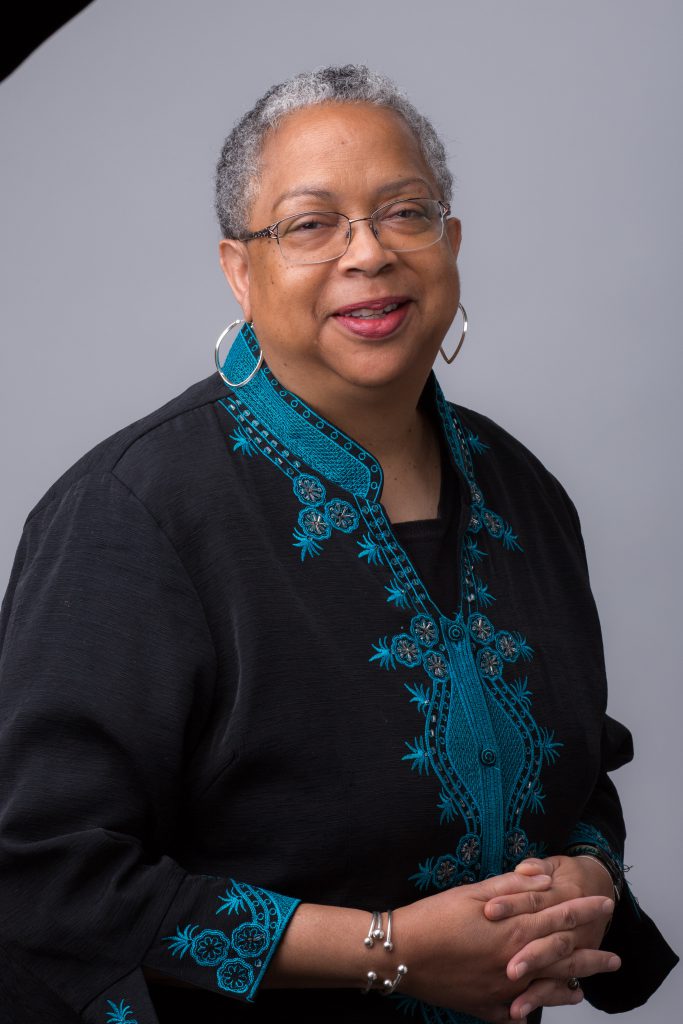
The Spiritual Practice of Journaling
Throughout challenging times in my life, I often journal my feelings and thought I would want to do that during this pandemic, but it is only now, now that we are coming out of it that I feel ready to bare my soul in writing. I write my journals as if God was sitting in front of me and I am sharing how I am feeling. I share my hurts, joys, fears, contentment, anger, and a host of other emotions. I come away from my time of journaling either feeling God’s presence comforting me or feeling distant from God, which prompts me to pray or read scripture to keep me connected to my faith.
In the literature I have read on lament, we need to share our laments before we can move on to recovery from a traumatic event. Journaling provides a practice that will help us move from pain to power, and that power is the power of our resiliency. I have some suggestions for journaling below. May you grow in your faith and your resiliency as you participate in the spiritual practice of journaling.
- There are beautiful journaling books you can buy, but an inexpensive notebook works also.
- Journaling every day is probably not realistic because time seems to be very scarce. Begin by doing entries maybe twice a week and then increase as your comfort level increases.
- Share the laments you had during the pandemic, noting those times when you felt particularly attuned to God’s love giving you strength. Share the emotions you felt during those times when God’s presence may have felt elusive to you.
- Identify what is happening in your life that is giving you hope for the future, not only for you personally, but for the world.
- Share how your relationships changed during the pandemic and how you might want to enhance the quality of those relationships now.
- Reflect periodically on your faith life and strategies you want to include in your life to grow closer to God and your neighbor.
- Periodically include what and/or who you are grateful for and why.
- Include prayers, write songs, and include scripture passages that may be particularly relevant for a certain journal entry.
- Do not think that you have to include all of the above suggestions in each entry. Let the Holy Spirit guide you as to what you need to reflect on as you begin your entries.
- And finally, at first you may see this practice as just “one more thing to do”, but my prayer is that eventually you will see it as one more important thing to do to strengthen you in your faith journey.
Good luck and God bless!
Rev. Brenda K. Smith is a pastor in the Evangelical Lutheran Church in America. Her most recent call was as the Program Director for Faith Practices and the Book of Faith at the national office for her denomination. She just retired, but wants to continue offering ministry in the areas of race relations and police/community relations. She has been a member of the NCC Christian Education Convening Table since 2016.
About the Spiritual Practices Series
What are the spiritual practices that strengthen you for the long haul in your work for justice? In this monthly series, the Christian Education, Faith Formation, and Leadership Development (CEFFLD) Convening Table of the NCC will share personal stories of practices that have nourished them for the long haul of justice ministries. Faithful action in our communities, regions, countries, and the world, is sustainable when we are spiritually fed by the same Spirit that prompts us to bring Christ’s love and justice to bear in our world. Each monthly segment shares a testimony of how a specific practice has been helpful for the faith formation or leadership development of an individual or congregation. The series will share resources (e.g., books, website, articles, videos) that give readers/viewers a chance to learn more about the practice and to use these tools to move forward in faithful efforts toward justice.
We hope this series will show connections across faith traditions that have some similarities in practices, helping to build stronger bridges of understanding around commitments to shaping spiritual lives and communities to be agents of peace and justice in the world.
